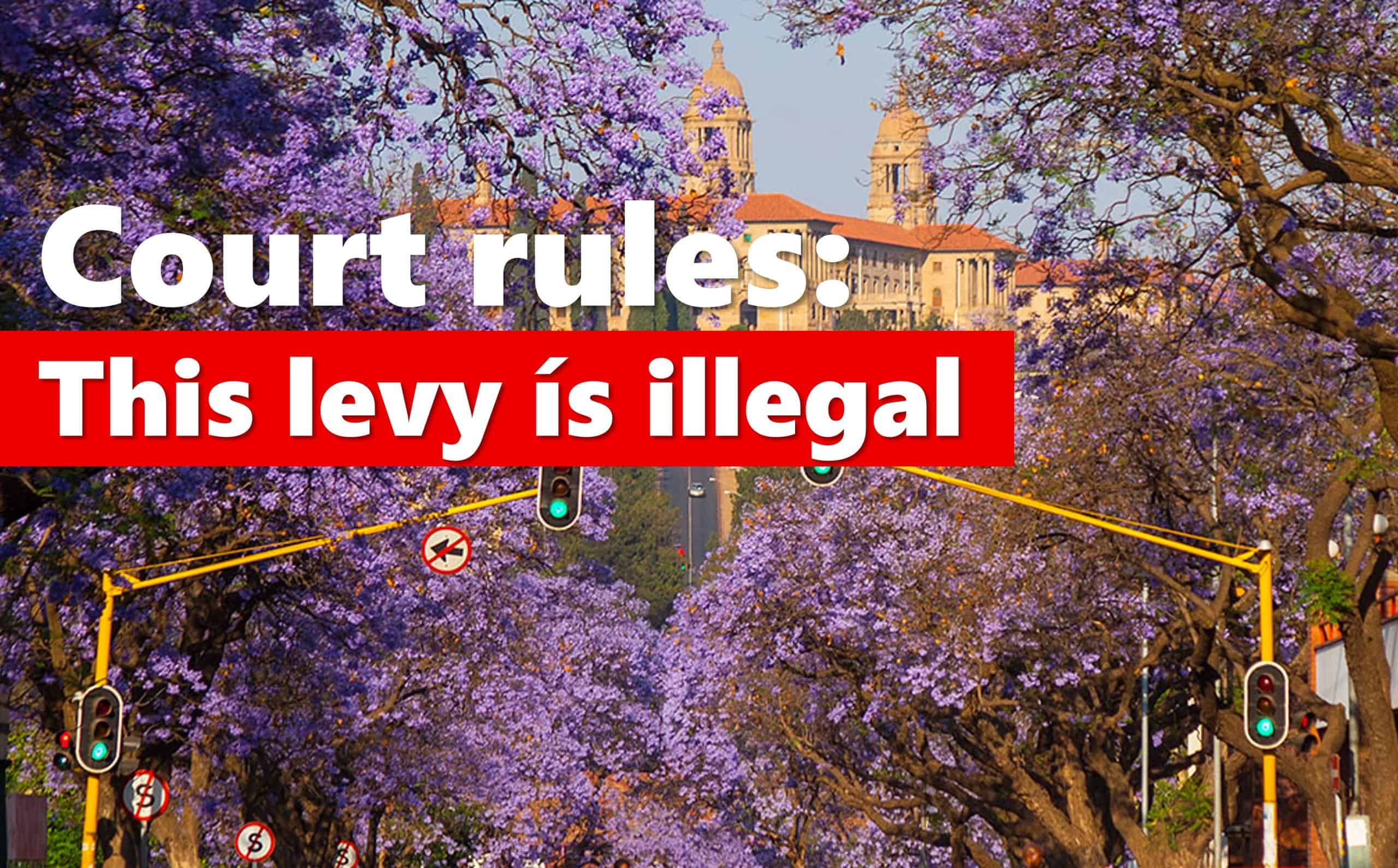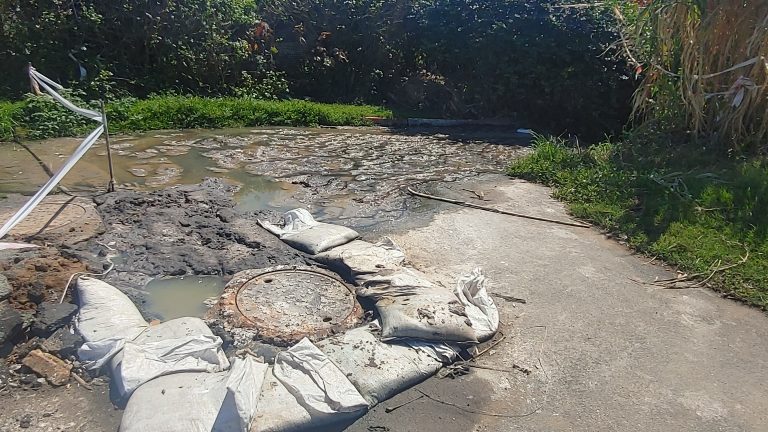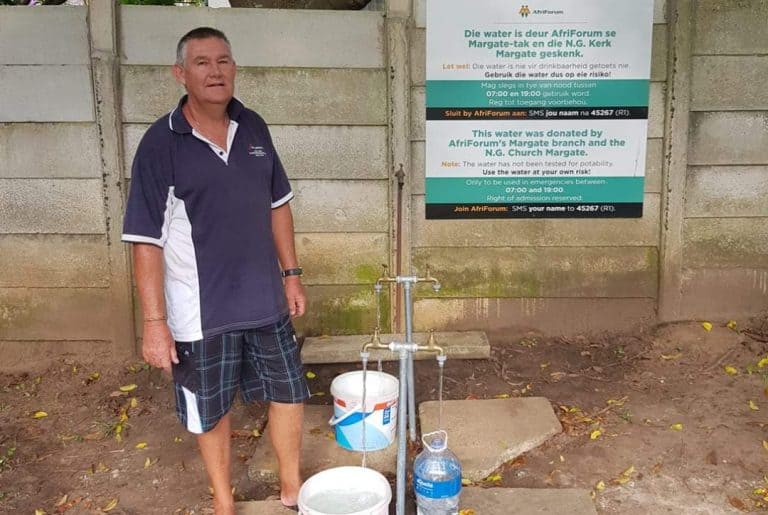AfriForum wins city cleansing levy case against Tshwane Metro: Court rules levy is illegal
AfriForum has won a major victory for residents of the Tshwane Metropolitan Municipality after the High Court in Pretoria this afternoon declared the metro’s implementation of the so-called city cleaning levy illegal and invalid. The levy was also set aside with immediate effect.
The civil rights organisation approached the court to set aside the metro’s decision to impose a new mandatory monthly levy of R194,37 (excluding VAT) on approximately 260 000 households and businesses within the metro. AfriForum argued that the levy amounted to illegal and unfair double taxation, especially in cases where residents do not benefit from the metro’s refuse removal service and are forced to use private service providers.
The court today ordered the metro to ensure that all municipal accounts on which the city cleaning levy has already been levied are credited in the next billing cycle with the amount equal to the amount levied for it. In addition, the metro must also take the necessary steps to ensure that residents and businesses are not further charged for the levy.
The court also found in favour of AfriForum that the metro had not complied with the requirements of Section 229(1) of the Constitution or Section 74(1) of the Municipal Systems Act and therefore was not entitled to impose a tax, levy or fee for city cleansing. The court furthermore confirmed AfriForum’s locus standi and its important role as activists for civil rights.
“The ruling is an important victory in the interests of residents and businesses who have been unfairly affected by the implementation of this levy. It is a clear confirmation of what AfriForum has been saying about this levy from the outset, namely that the Tshwane Metro’s introduction of this levy is illegal and arbitrary,” says Deidré Steffens, AfriForum’s Advisor for Local Government Affairs.
During last week’s court proceedings, the metro attempted to defend the levy, arguing it was justifiable considering the metro’s 2016 tariff policy. However, the metro’s legal team was unable to present this policy to the court and even admitted that they were unable to locate the document. The court considered this administrative shortcoming to be serious.
In his ruling, Acting Judge George Avvakoumides strongly opposed the multitude of “irrelevant documents” and “misleading arguments” on which the metro relied. He also imposed a punitive cost order on the metro.
“This implementation of this levy was nothing more than a fundraising ploy aimed at covering up years of poor planning and mismanagement. The court’s decision sends a clear message that municipalities must also obey the law and that communities are ready to fight injustice and illegal actions,” concludes Arno Roodt, AfriForum’s District Coordinator for Greater Pretoria South.











